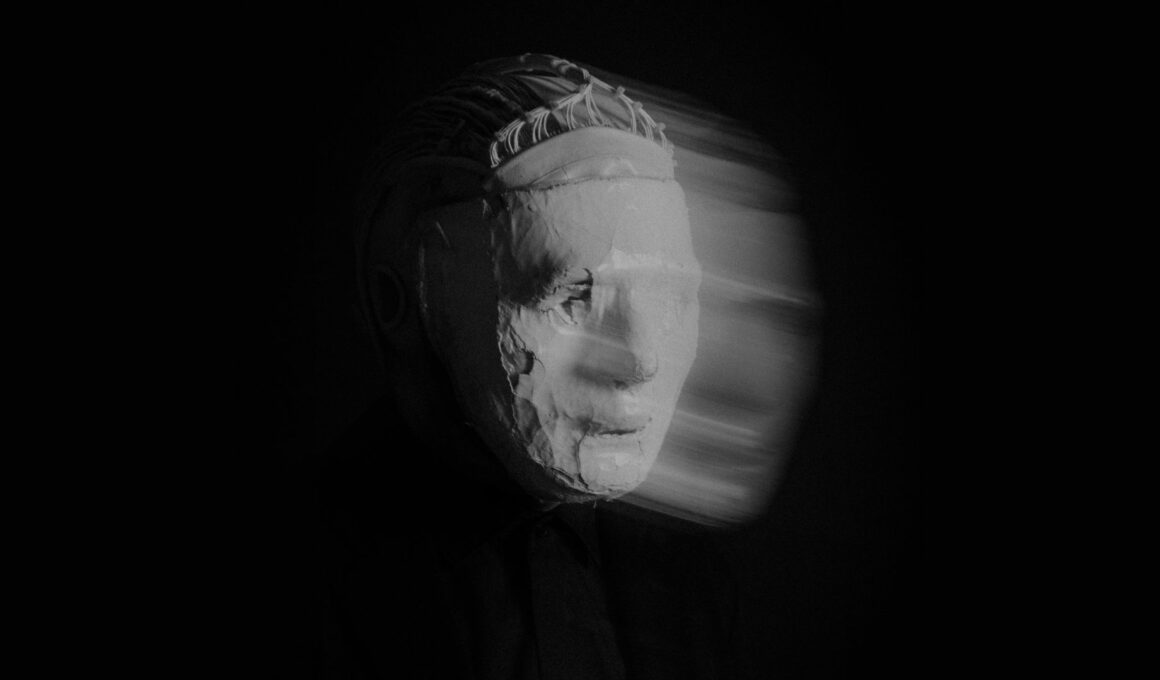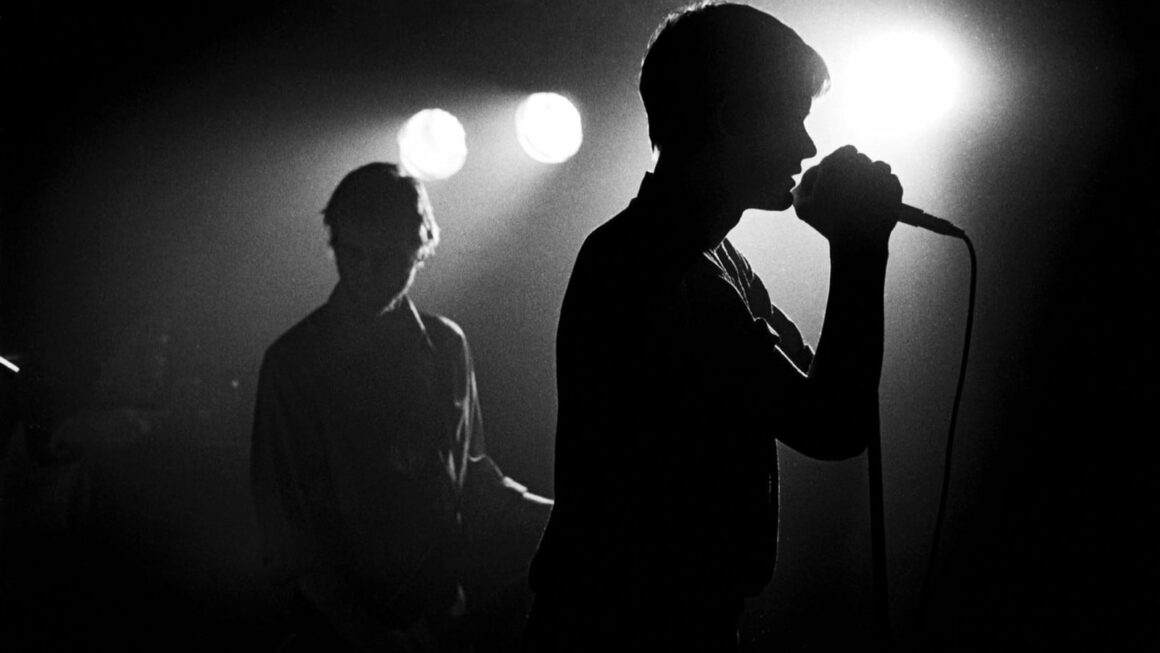
Minimal Schlager Present Their Experimental, Beautiful Collection Of Covers And Remixes
The duo’s latest compilation Dance is a Place of Resilience, is a melting pot of experiments and demos.
Sometimes it’s the songs we don’t mean to write that eventually grow into some of the most memorable. Dance is a Place of Resilience may not quite have been unintentional, but it arose from Minimal Schlager’s work that didn’t quite fit anywhere else in a deliciously organic way, making for a very unique compilation.
The brother-sister duo shares a perfect metaphor for the way the album is meant to be experienced. It is partly a tribute to Hopscotch, a novel by Argentinian novelist Julio Cortázar, which can be read in two different chapter sequences. Whilst albums are not as decisively structured as novels are, Dance is a Place of Resilience still stands in comparison with the band’s debut LP Love, Sex, and Dreams, which grew in a more linear way.
It also shows how changing just the right details can make a track completely different. One of the boldest examples is the compilation’s opener, a cover of The Beatles’ “Tomorrow Never Knows”. If the original was a stark piece of technological innovation, this cover attempts to stay true to its mood in terms of production and arrangement. Nevertheless, there’s something fundamentally addictive about the riff and bassline in this version that is much fainter in the original. It’s a bold experiment in how the variation of genre and instrumentation can make something totally new.
In a way, there isn’t enough of this kind of non-linear creation in synthpop and darkwave. There’s indescribably something about the programmability of a synth that forces musicians to keep on their toes in terms of making tracks that are varied and have momentum. It’s so easy to get lost in a great analog sound or bogged down in the nuances of production that melody and feeling fall by the wayside. By deliberately searching for fluidity instead of order, Minimal Schlager uses the best of both worlds and maintains the spirit of the compilation’s development within the final production.
The compilation was inspired, in fact, by the slogan on the wall of a club the band visited while on tour, and it stuck in their consciousness due to the level of disruption the previous year had seen. And it’s easy when listening to “Nana del caballo grande” and “Euphoria” to feel the hope, joy, and power that is inherent in a good beat. The album also serves a role as a melting pot for the experiments and demos that otherwise fell by the wayside. A cover of “Running Up That Hill”, meanwhile, modernizes the space-age sounds of the original with a gauzy sonic layering that still stays true to Kate Bush’s sense of transcendence.
Is there anything that unifies the compilation? Well, it works in the way that the tracks all contrast so much with each other. However, there is also a real knack Fran Parisi and Alicia Macanás have for writing songs that can be easily transported somewhere else with a clever remix and yet still remain identifiable. Their previously penned melodies hold up well, and new material fits in nicely, too.
In fact, “Prayers (Fran’s Remix)” was originally a soft and somber underground piece of synthpop poetry revolving around the mantras that get us through the ups and downs of everyday life. Yet, remixed, it has a gospel-like quality that comes from the layering of sound which is a particularly underutilized feature of synthpop. Yes, the album is meant to be danceable. But it is details like this track in the middle, that show the resilience of dance isn’t just about the physical movement in troubled, claustrophobic times but also the emotions and culture it inspires that get us through.
The band has a maxim that the album doesn’t need to be listened to in any particular order. It’s the way it picks the best of different cultural influences – from My Bloody Valentine, David Lynch, and Cortázar that means it can be swapped around for any mood or time of day, yet offers more than enough for escapism.
Ultimately, there’s something freeing about an album that deliberately doesn’t want you to listen to it in one way or another. All music is open to the listener’s interpretation, but the mingling nature of Dance is a Place of Resilience is almost like an audio invitation that says: “Here, hope you feel as inspired as we do”. It’s a nice way to listen to music, and there’s a sense of intimacy with the band’s creative process as it’s easy to imagine all the tracks in their embryonic stages. Minimal Schlager is on a trajectory to a brilliantly innovative niche within synthpop. And the best thing is, like this album, there is no single predicted route to get there.
Listen Now
Minimal Schlager (DE/UK)

Featured Image by Alex Amorós









